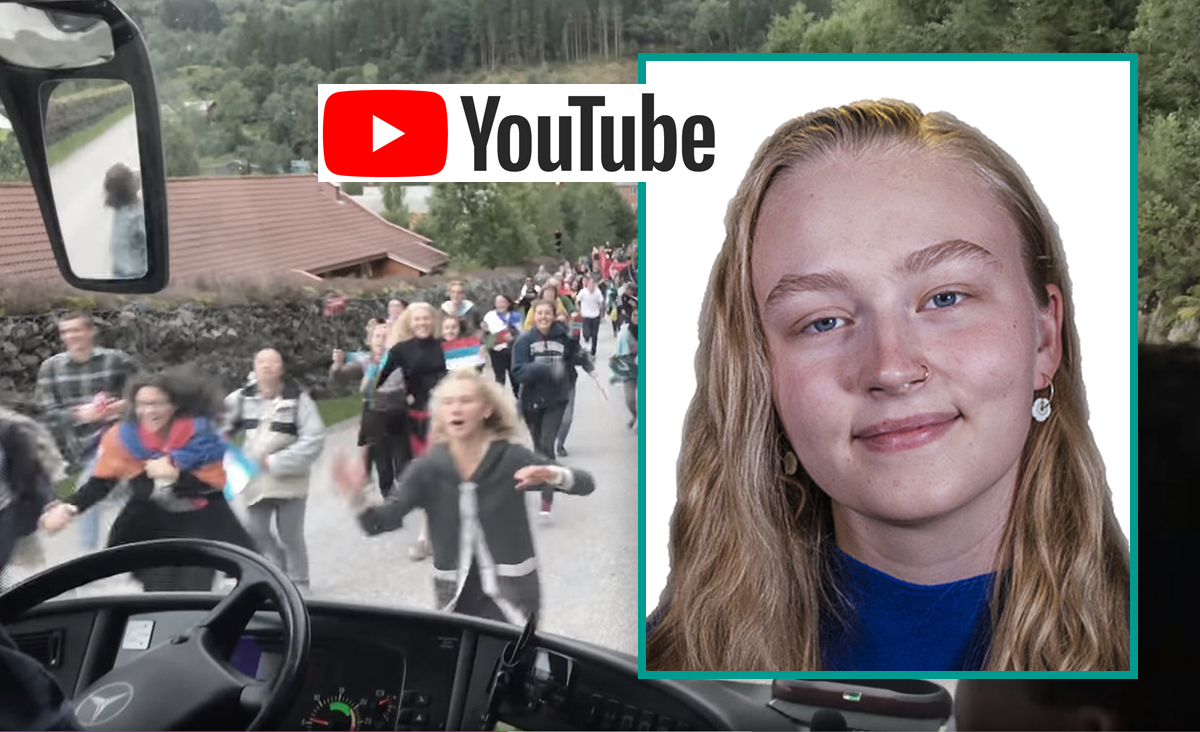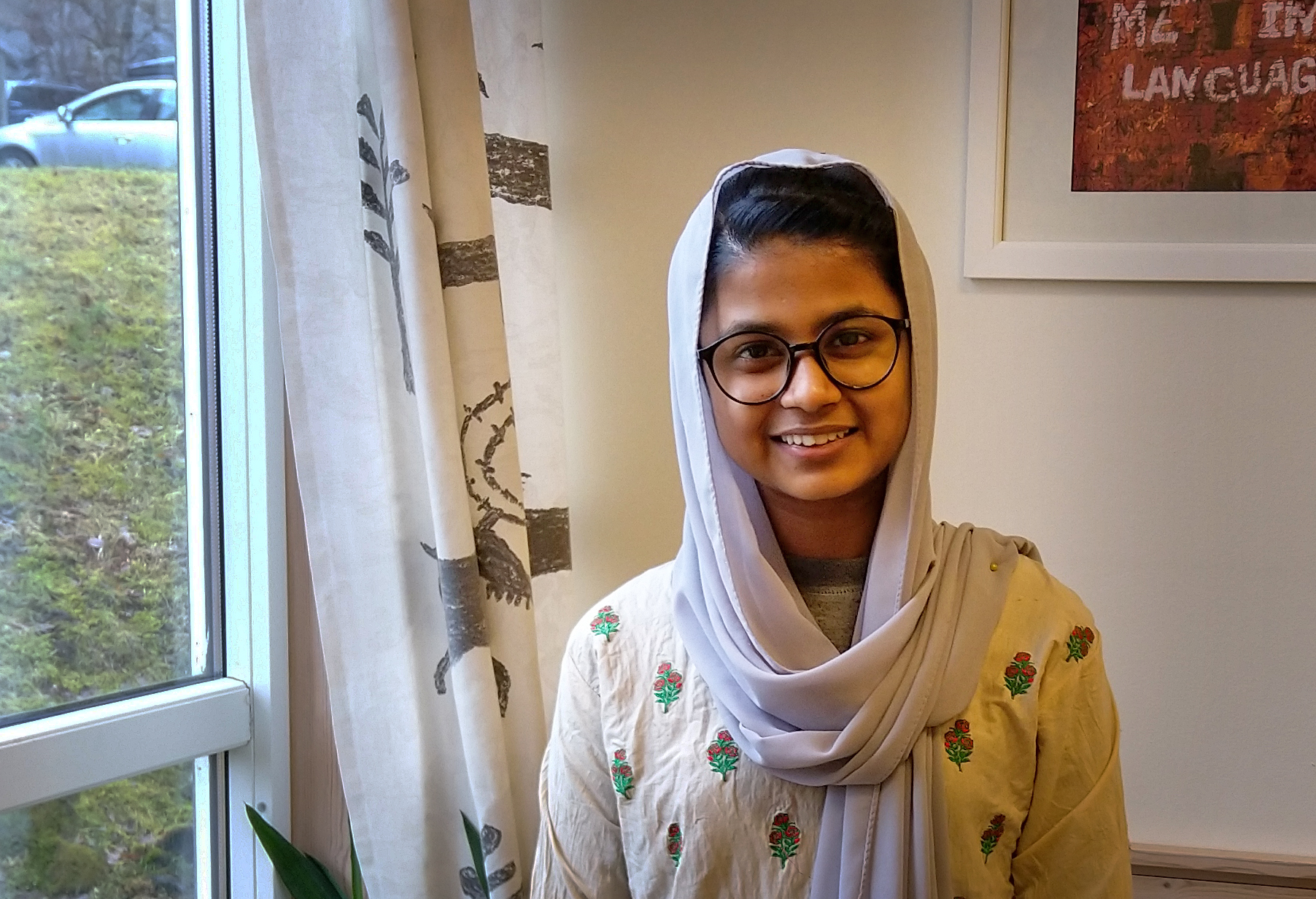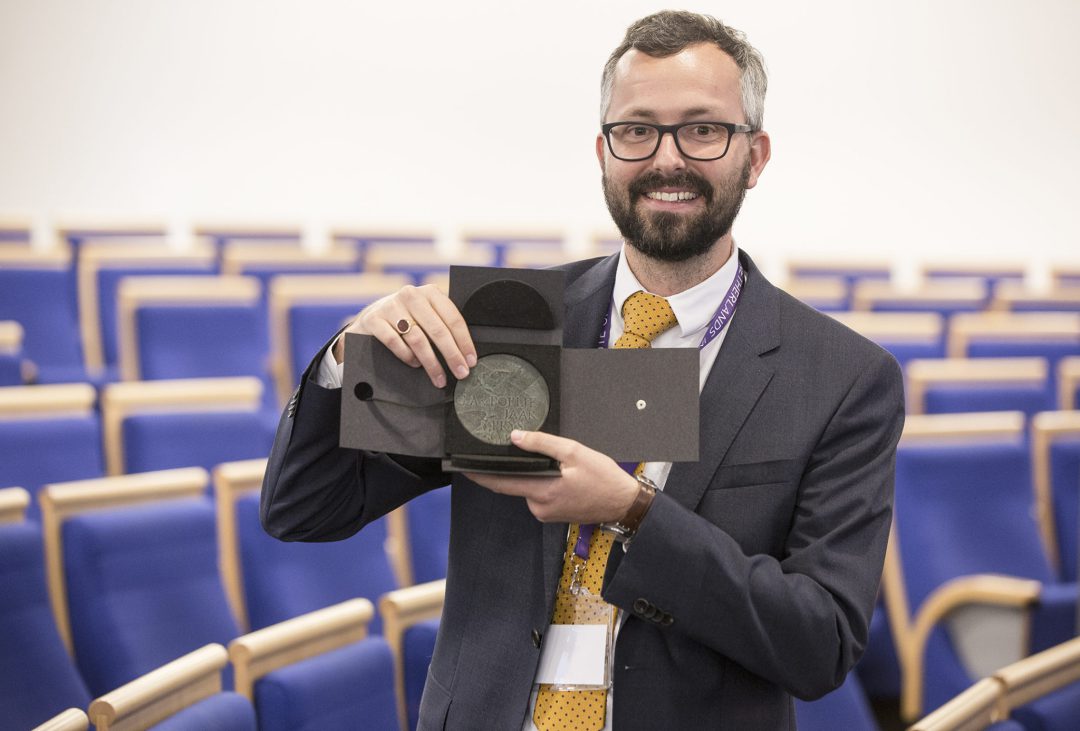Kristín (RCN ’18-’20)
First year student Kristín, from Iceland, has been vlogging about her experiences since arriving at the College in August 2018. Her weekly vlog gives an insight into what it is like to be a student here.
Take a look at her channel for all the other videos.





